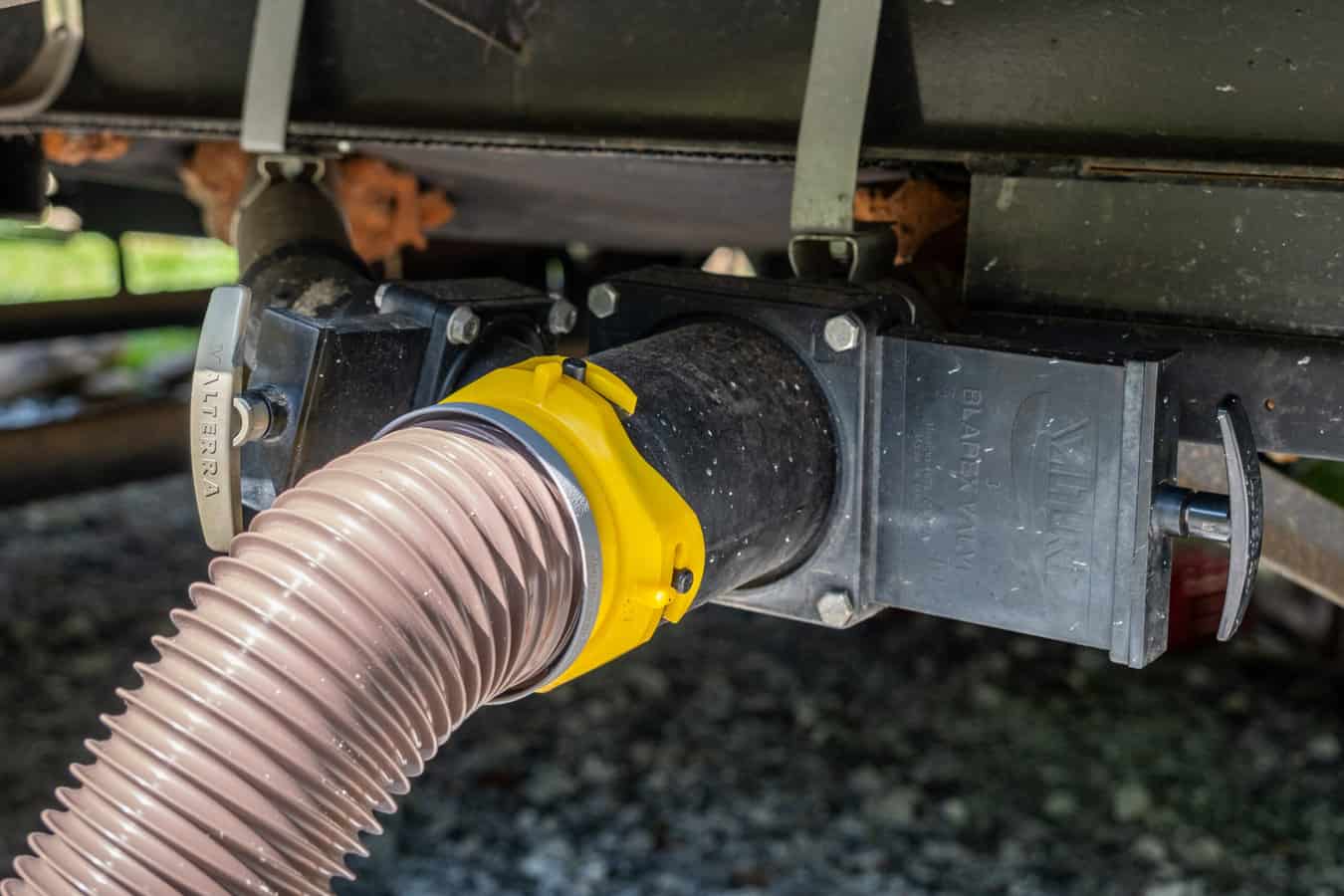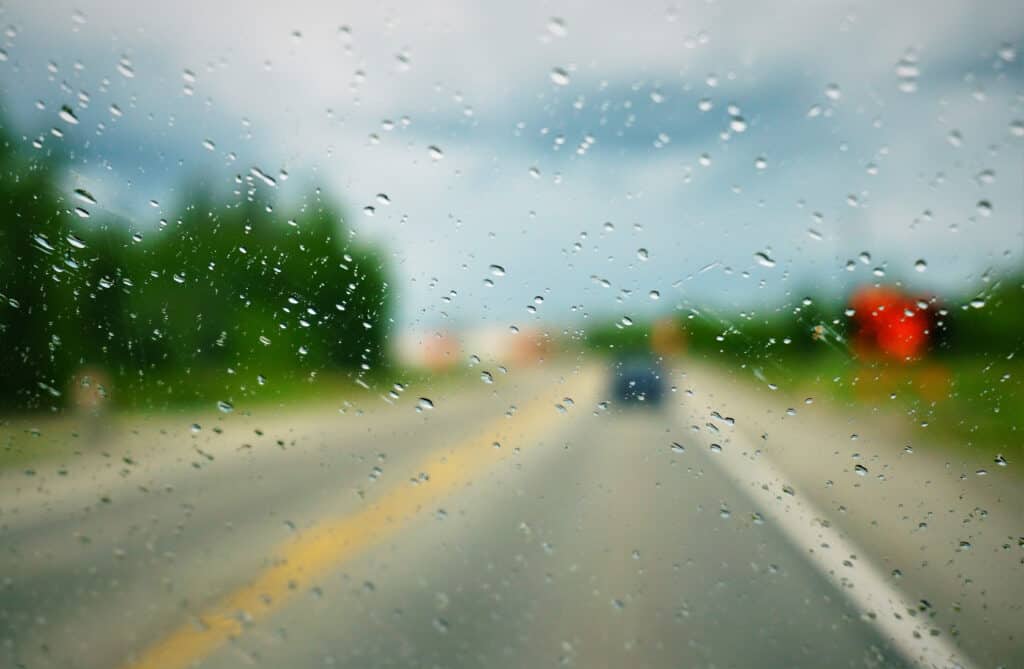
The Best Weather Tracking Apps For RVers
Weather can greatly impact your RVing experience. Traveling in inclement conditions such as rain, dust storms, or heavy snow can be disastrous and may even necessitate an early halt to your journey. However, you can anticipate unforeseen weather changes by staying informed using a reliable weather tracking app.
With the wide range of cell phone coverage and satellite internet, it has never been easier to check the weather. It’s a good idea to look at the forecast before you start traveling, but things can change on a dime, so you need a program that can alert you to potential danger on the horizon.
There are plenty of options when it comes to weather tracking apps. If you want to save money, there are lots of programs that are completely free to use. But there are also some paid options that might be worth considering. Below, we’ll compare some of the best apps on the market so you can choose the one that best suits your needs.
Weather tracking apps
Your phone’s built-in weather app
Most phones nowadays come with built-in weather apps. You can choose to install a new one, but there should always be an easy way to check the local forecast on your phone. These apps will usually change automatically based on your current location, but you can also check different cities as well.
In addition, they will generally display local or national weather alerts if there’s a serious danger nearby. So, if you want to go for the simplest option, just keep using your preset app!
The Weather Channel
If you’ve ever tuned in to cable TV, you’ve probably stumbled across the Weather Channel a few times. But now this program also has its own app! Because it’s connected to such a well-funded source, this is one of the most accurate systems available.
It also has a well-designed interface and a widget that displays the forecast on your lock screen. Sometimes, you don’t even need to open your phone to check the latest updates.
The Drive Weather App
RVers are on the road a lot, and some apps take a while to update. You need something that adapts as you travel. That’s why The Drive Weather App is one of the best choices for cross-country travelers. You just need to input your route, then you can instantly check the forecast from the National Weather Service.
If there are any issues along the way, the app gives you up-to-date arrival estimates, as well as alternative route options. It’s a fantastic option for RVers as they make travel plans.
1Weather
This is a nice and straightforward weather tracking app. It works well for both iOS and Android devices, and there are several widgets you can choose from to make the interface more user-friendly. You’ll be able to see important information about the temperature, humidity, wind speed, and more.
There are paid versions of this app, but the basic free version still gets the job done just fine. So if you’re leaning towards free apps, this might be a good option for you.
Weather Live
Weather Live is one of the most visually appealing choices on the market. When you check the forecast, you’ll see a collection of animated loops that represent the weather in your location. You also get all the basic climate information you need.
In addition, Weather Live has access to meteorological radar maps and rain projections. So you can look at the big picture and check for any approaching issues.
AccuWeather
AccuWeather is just that… accurate! It consistently ranks as one of the best apps for weather tracking, so we definitely want to recognize it here. One of the biggest selling points of this app is its MinuteCast® forecasts.
Most programs allow you to check the weather on an hourly basis. But a lot can change in an hour! That’s why AccuWeather can generate forecasts by the minute so you can see exactly what’s coming your way. It also gives timely alerts for approaching storms and has a sleek, user-friendly interface.
The latest updates have caused AccuWeather to slip a bit in the popularity polls because its new design is much less intuitive. But these issues might be fixed very soon, so you should still keep it in mind!
Weather Bug
This is another free app that has won the hearts of several travelers. In addition to all the standard weather information, it can give you alerts about lightning strikes in the area, plus a few safety tips. There are also features for broadcasted weather alerts so you can have some warning before the worst arrives. Radar maps and camera feeds are also included.
The only drawback here is the ads. It’s a free app, so they need to earn money somehow! The apps aren’t too annoying or restrictive, but you can choose to pay a small fee to get rid of them if you want.
Clime
If you want to invest in a paid app for weather tracking, Clime is a fantastic choice. It has a great user interface and receives direct updates from the National Oceanic and Atmospheric Administration (NOAA). There’s a live feed so you can track weather systems as well. It also has advanced early warning systems so you’ll never be caught off-guard.
The rates for this app vary depending on the type of phone you have. Android users need to pay $3 per week, while iPhone users only need to pay $10 per month. As such, this app might be best for short-term use if you have a road trip on the horizon.
Best practices for weather safety
Choosing the right app is one thing, but it’s important to plan for what you’ll actually do if there’s bad weather headed your way. Sometimes you can indeed drive through a storm, but that should usually be a last resort. Follow the tips below so you can have a safe trip!
Check the forecast every day
Your weather tracking app of choice won’t do you much good unless you check it frequently. Every day you plan to travel, you should check the weather forecast. Make sure you look at your current location as well as your final destination. After all, it might be pleasant where you are, but storming at the end of the road.
If you’re planning a long driving day, try to look at satellite imagery over your route so you can see any weather systems that might interfere with your plans. Of course, things can change unexpectedly, so keep an eye on weather alerts while you travel too.
Use a weather radio
Apps are extremely useful, but sometimes they’re inconvenient to open while you’re on the road. If you want a reliable way to receive important updates, you might want to invest in a good weather radio as well. These small devices receive broadcasts for all kinds of weather emergencies, so you’ll never be caught unprepared.
They can also run off their own battery power for extended periods so you don’t need to worry about losing your news source. Just like the app list above, there are lots of options for weather radios. But the Midland – WR120 is a good place to start.
Keep emergency supplies on hand
Storms can move quickly, so they can sometimes catch you even if you have advance warning. An early alert can help you find a safe place to pull off and park. But once a storm or natural disaster hits, you need to be ready to deal with it.
A 72-hour kit is essential for every RVer. You should ensure it has nonperishable food, flashlights, waterproof clothing, medical supplies, and other emergency equipment. These kits can help you stay safe and secure until the danger passes or help arrives.
Plan your trip ahead of time
It’s always a great idea to plan your trip with an RV-specific trip planner like RV LIFE Trip Wizard. Not only does this platform provide routes that are RV-friendly, ensuring you avoid roads unsuitable for your specific vehicle, but it also incorporates a crucial weather layer feature. By utilizing the weather layers, users can access vital information about wind speeds and weather radar in their travel areas. This allows for a more informed decision-making process, helping travelers to steer clear of potentially treacherous conditions, like high winds or storms, which can be especially hazardous for high-profile vehicles like RVs.
Pre-trip planning with tools like RV LIFE Trip Wizard ensures not just a smoother journey, but also a safer one. Start planning your next journey today!
The post Stay Ahead Of Storms: The Best Apps For Weather Tracking appeared first on Camper Report.


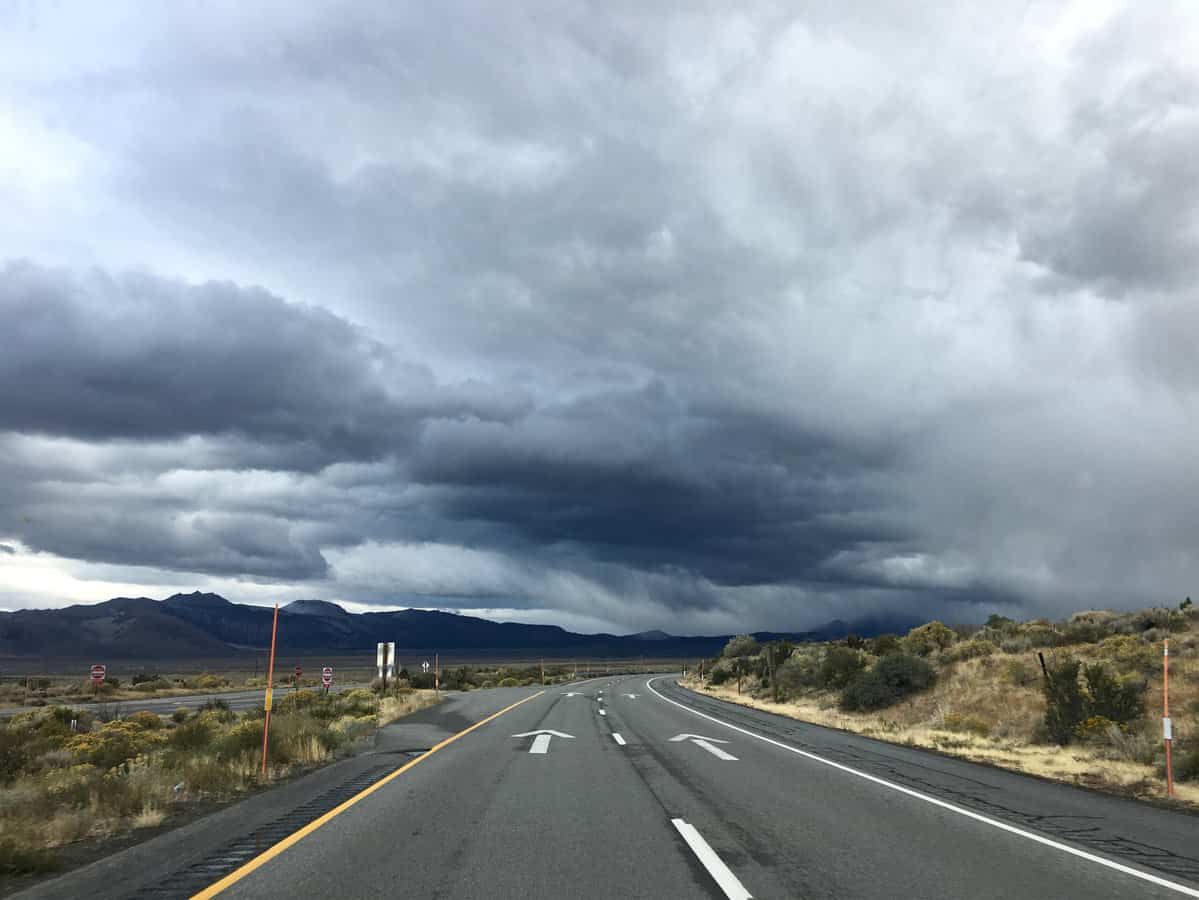

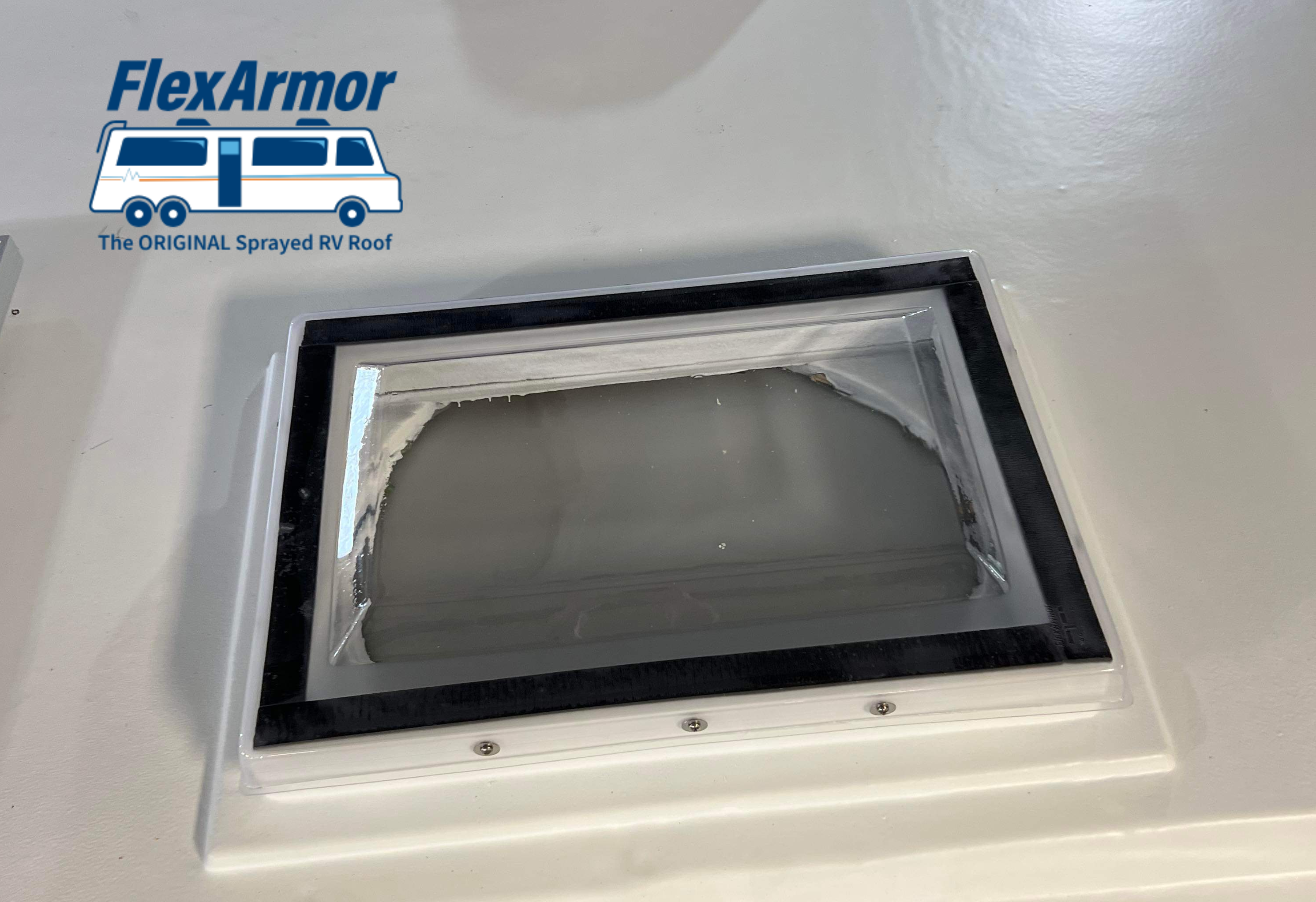
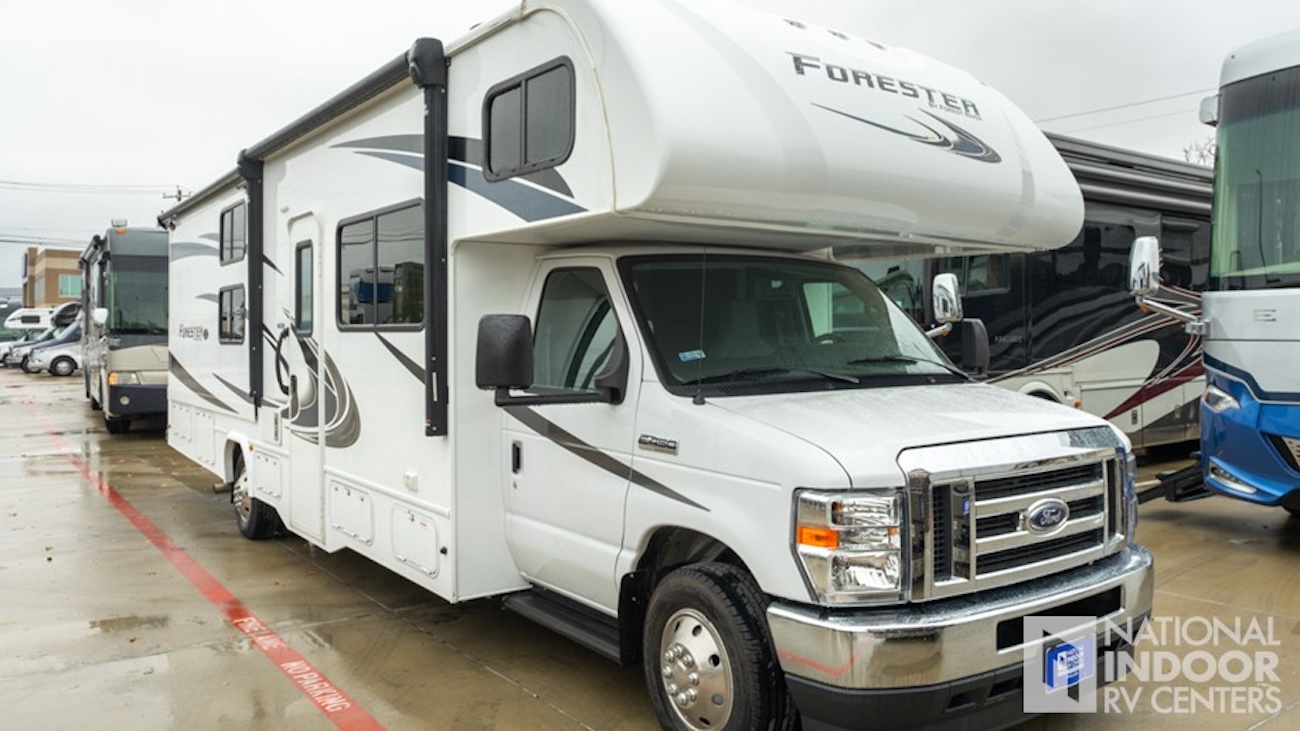
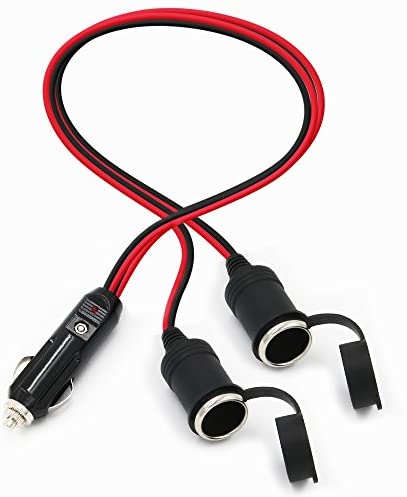

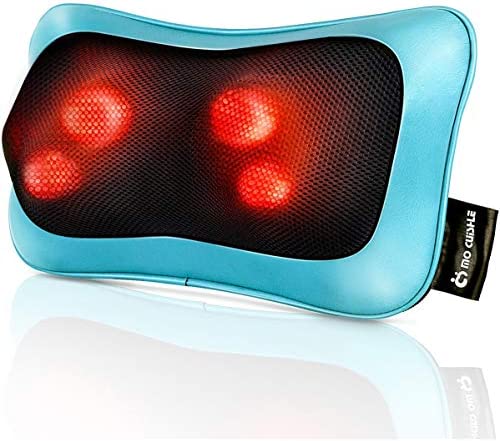
![[Upgrade Wireless] Alondy Single Din Car Stereo,Compatible with Wireless Apple CarPlay Android Auto,Type-C USB,6.9″ Touchscreen,Mirror Link,Backup Camera,Bluetooth Voice Control DSP FM Radio [Upgrade Wireless] Alondy Single Din Car Stereo,Compatible with Wireless Apple CarPlay Android Auto,Type-C USB,6.9″ Touchscreen,Mirror Link,Backup Camera,Bluetooth Voice Control DSP FM Radio](https://truckandrvelectronics.com/wp-content/uploads/2023/12/2840-upgrade-wireless-alondy-single-din-car-stereocompatible-with-wireless-apple-carplay-android-autotype-c-usb6-9-touchscreenmirror-linkbackup-camerabluetooth-voice-control-dsp-fm-radio.jpg)



